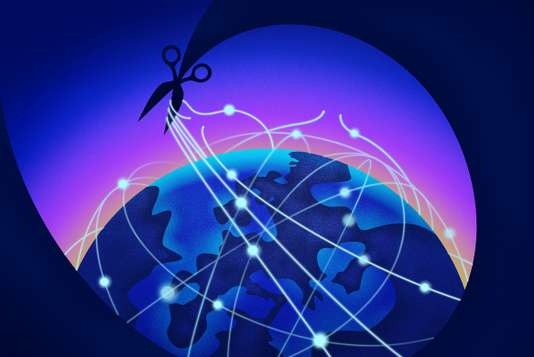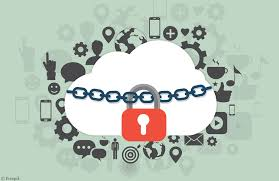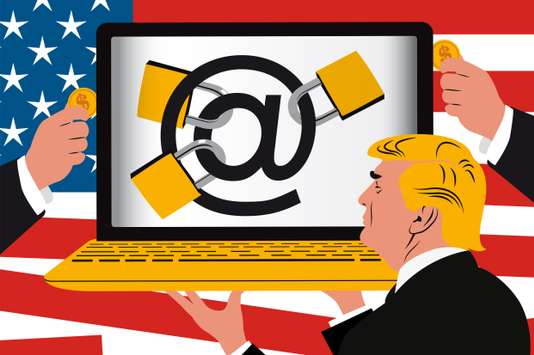
The U. S. telecommunications regulator is abandoning its defense of grid neutrality. Ajit Pai, who heads this authority, the FCC (Federal Communications Commission), has been appointed to this position by the Trump administration with precisely this mission. This program makes a lot of noise on both sides of the Atlantic in the small world of the Internet. Let's see quickly why.
The principle is often presented in a rather complex way, when it is not incomprehensible, although in reality it is relatively simple. The job of an ISP is to transport subscriber data. Because, yes, it was the subscriber who requested the data and not YouTube who decided to send a video on their own. The principle of neutrality is to transport such data without discrimination. Without favouring a video broadcaster which has an agreement with the operator, e. g. a shareholder or a commercial agreement, against the broadcaster which does not have such an agreement.

Why is that? Why is that?
Philosophically, because the subscriber is the customer. Because the operator must be at your subscriber's service. If a broadcaster can enter into an agreement with the operator to promote its platform, what is the purpose of such an agreement? The subscriber. It loses its subject position to become an object, a commodity that the trader sells to the platform.
From an economic point of view, the consequence is that a platform in a position of strength will be able to pay this fee when a new economic player is unable to do so. The economic effect is to prevent the entry of new competitors and ensure the sustainability of the positions of strength acquired by killing innovation and competition. The political effect is to create a lever that states can use to sterilize any dissenting expression.
What will be the effect in the United States of the end of net neutrality? This will give strength to the big operators, already in a monopoly situation (in an American city, when there are two operators, it is the one that makes ADSL, and the one that makes cable, and again, not everywhere). These large operators, who are lagging behind technologically, expect a surplus of revenue without having to invest, by taking a share of the revenue from giants such as Google, Facebook or Netflix. The second effect will be to strengthen the dominant position of these giants: as they are the only ones able to pay the rent requested by the operators, they will be protected.

In Europe, we have a stronger legal basis to protect net neutrality. A European regulation, a law directly applicable throughout the Union without waiting for slow transposition by national parliaments. This is much stronger than a rule established by an administrative authority. Of course, our major operators continue to attack this rule. Through political lobbying, of course. Through technical lobbying, too.
There are two possible reactions from Europe. Or it is slowly giving way to the operators' sirens, it is gradually planning the neutrality of the network, eliminating one end in the name of security, eliminating one end in the name of alignment with the American market, etc. And then we strongly support the fact that there will be no new economic models. We make sure that the only possible giants are today's American giants. In short, we admit that European values' are a farce, the real rule being that of the market, and especially the US market. Anyway, the first clue is surrender. To renounce the protection of personal data, to renounce the fact that the network is the commodity and, therefore, to accept that it is the user who serves as the commodity.
The alternative is for Europe to base itself on its values and the rules it has established (the neutrality of the network, the European rules on personal data, etc.). By defending these positions, we have an opportunity: the new American arrivals will have a handicap, a non-neutral network. Moreover, innovative European businesses will have easy access to a large market, a Europe of 500 million citizens with rights. And a strong Europe, capable of imposing its rules on the big American groups. In short, this is an interesting opportunity for Europe to become a better breeding ground for social and economic innovation by protecting citizens.
Certainly, he is considering that the cause is lost to our American brothers. But if we do not help them out of this impasse, I do not think it is desirable to sink into their shipwreck out of solidarity.
"Forum on net neutrality published by Benjamin Bayar"
source :
https://www.laquadrature.net/fr
http://www.liberation.fr/
Follow me @oguste
thanks for sharing
I'm glad you like it @mcsamm
:)